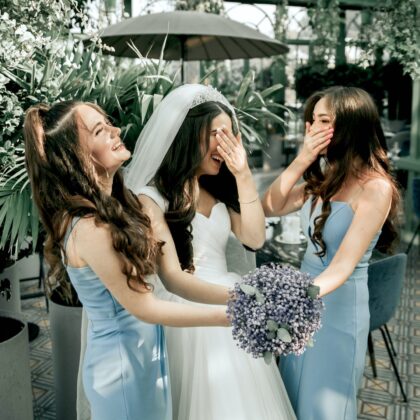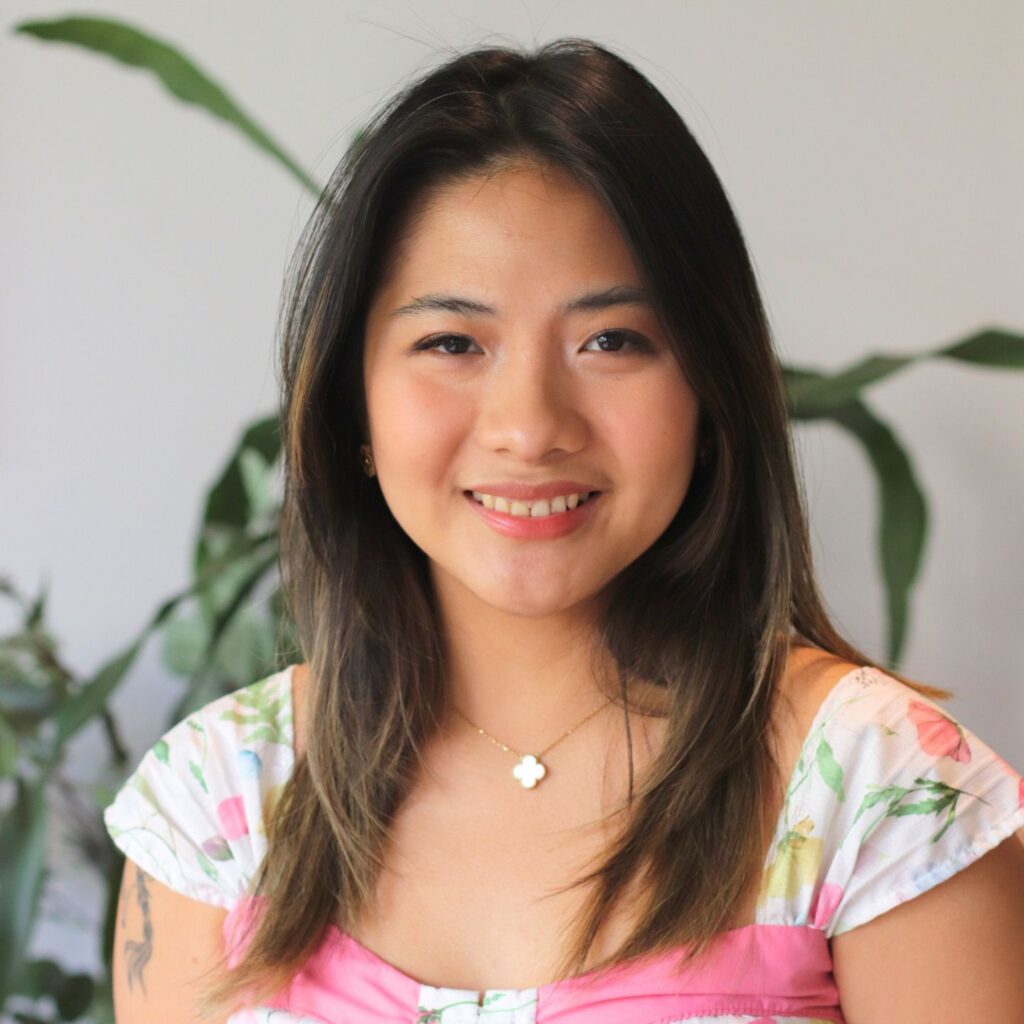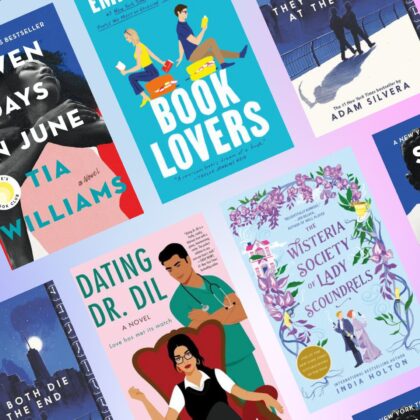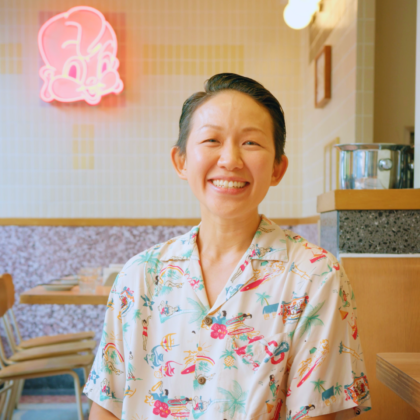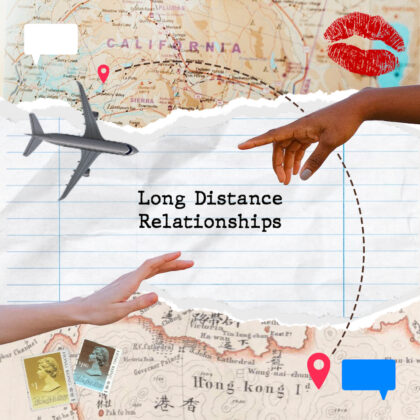For those lacking a supportive relationship with their fathers, I share how I’ve redefined Father’s Day into a beautiful celebration.
Father’s Day isn’t always a joyous celebration for everyone, especially for those of us who grew up without a father. However, over my 26 years of navigating life, I’ve discovered an alternative: celebrating the father figures in our lives.
For many, Father’s Day is a poignant reminder of an absent parent, a day that can bring more sorrow than joy. As someone with a complicated relationship with my father – my parents separated when I was just 8 months old (a decision I’m ultimately grateful for) – I understand the twinge of pain this holiday can bring. But I’ve learned to tell others who feel let down by a parent that, instead of focusing on what we lack, we can find and celebrate the supportive figures who step into those roles. This perspective has transformed my outlook, and I hope it can do the same for others who share similar experiences.
Read more: 14 Uplifting Autobiographies & Memoirs By Remarkable Women

Understanding My Father’s Emotional Limitations
Growing up, my experience with my father was a mix of presence and absence. Our interactions were often tied to specific events – school functions, birthday celebrations, the occasional weekend spent with him and his new family. Yet, in between these moments, there were lengthy periods of silence – no calls, no sleepovers, but also no resentment. It seemed as if my parents needed periodic breaks from each other.
Although my parents had divorced, they made an effort to remain cordial. When my father’s visits tapered off, my mother’s side of the family provided me with ample love and attention, ensuring I didn’t feel the weight of his absence too deeply. During the times my father was present, I cherished the opportunity to connect with him. But I also couldn’t help but feel a sense of longing for a more emotionally open and involved relationship. As I got older, I realised that while I cherished our time together, he wasn’t able to be the emotionally available father I had hoped for. It’s not that men can’t express their emotions, but many, like my father, were raised in environments that suppressed their feelings in the name of masculinity. His emotional restraint was so ingrained that expecting him to change was unrealistic.
It’s been a while since I’ve spoken to my father, and this distance has become the healthiest way for me to preserve our relationship. I’ve learned that you can’t control how someone chooses to love you, and sometimes, loving from afar is the best path forward. This realisation has brought me a sense of peace and acceptance, even in the face of the challenges we’ve endured.
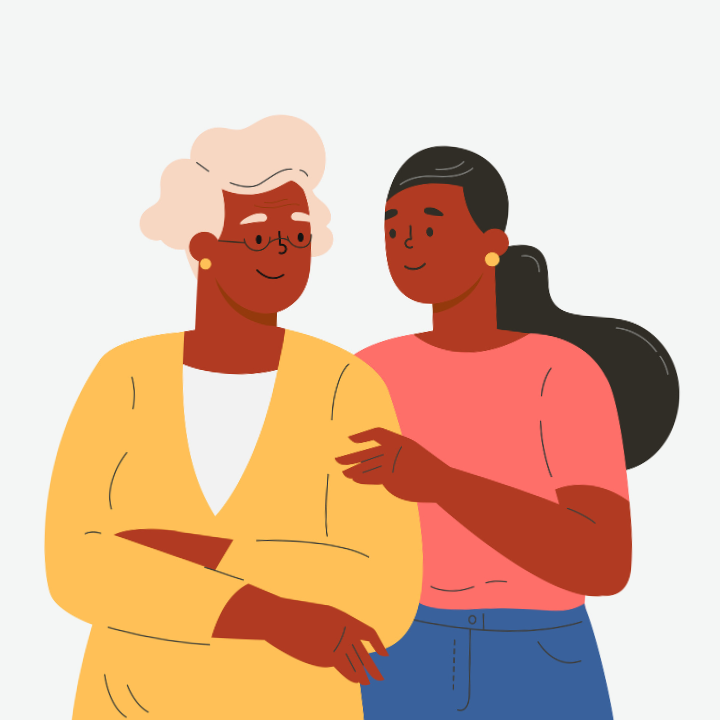
Redefining What Father’s Day Means
Reflecting on my journey, I’ve come to understand that Father’s Day can be a complex and emotional time for many. For those of us with absent or emotionally distant fathers, the holiday often serves as a reminder of what we don’t have. But it also offers an opportunity to redefine what fatherhood means to us. I’ve learned to celebrate the father figures and mentors who stepped up to fill that role, whether that’s my mother, uncles, grandfathers, teachers or family friends. These individuals provided the guidance, support and love that I needed, proving that family extends beyond biological ties.
Read more: How To Claim Your Feminine Power

Finding Solace In Supportive Relationships
In embracing these relationships, I’ve found solace and strength. Instead of focusing on the absence, I’ve shifted my perspective to appreciate the presence of those who truly care. This mindset has helped me navigate Father’s Day with a sense of gratitude rather than sorrow. For anyone struggling with similar feelings, know that it’s okay to redefine this day in a way that brings you comfort and joy. Celebrate the people who have made a positive impact in your life, and allow yourself to feel proud of the community you’ve built around you.
Main image courtesy of Rudzhan Nagiev via Getty, image 1 courtesy of UnitoneVector via Getty, image 2 courtesy of Olha Khorimarko via Getty, image 3 courtesy of cosmaa via Getty.





 Eat & Drink
Eat & Drink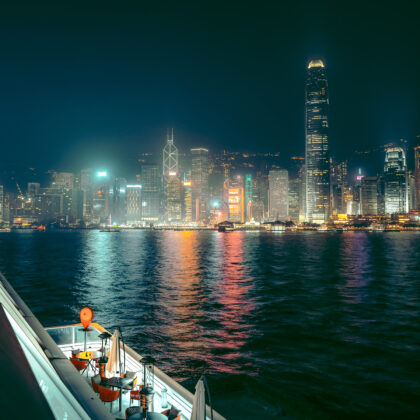
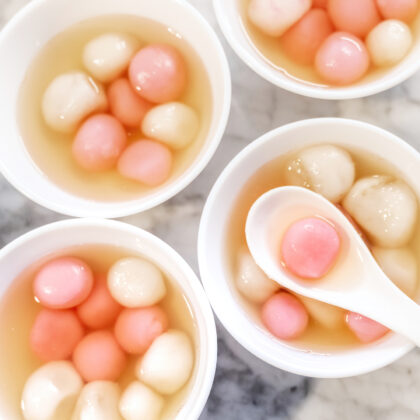


 Travel
Travel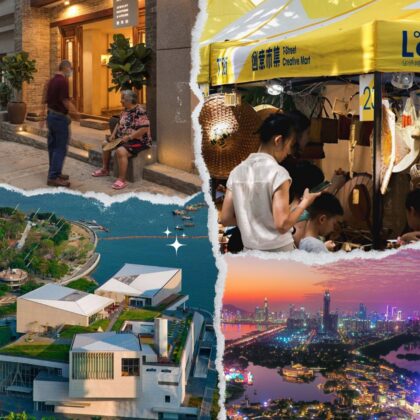


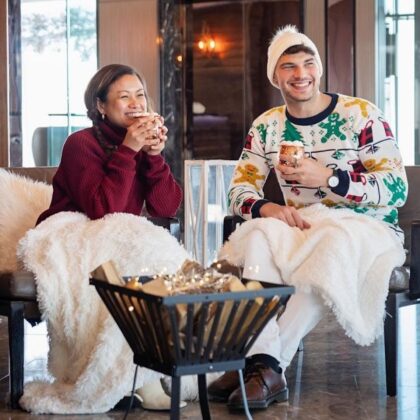
 Style
Style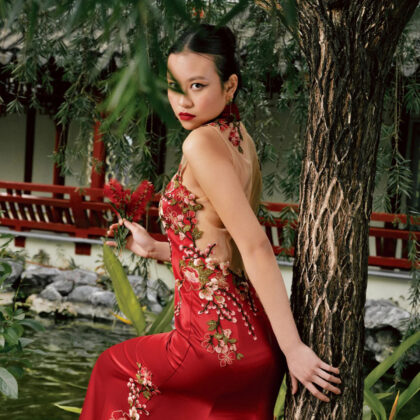



 Beauty
Beauty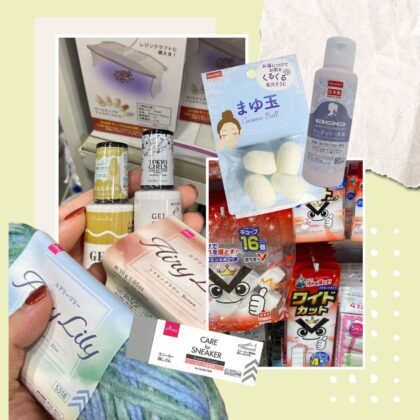



 Health & Wellness
Health & Wellness
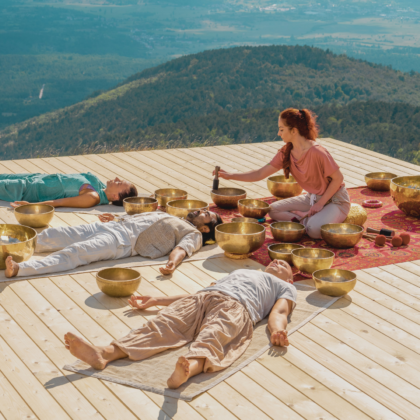

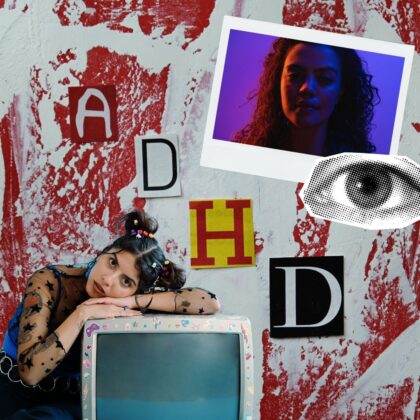
 Home & Decor
Home & Decor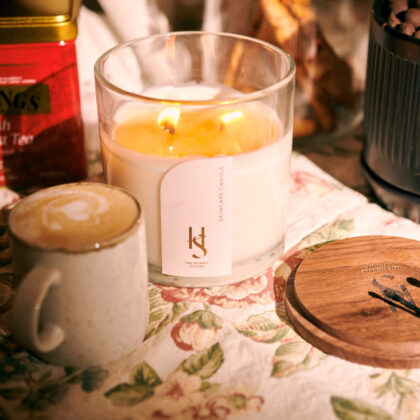

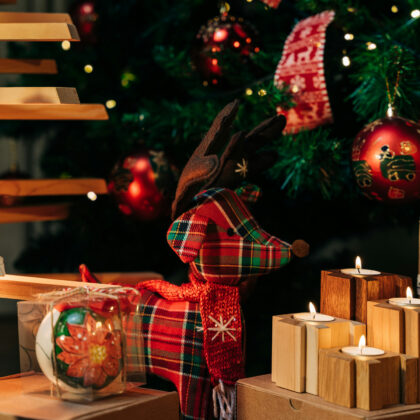
 Lifestyle
Lifestyle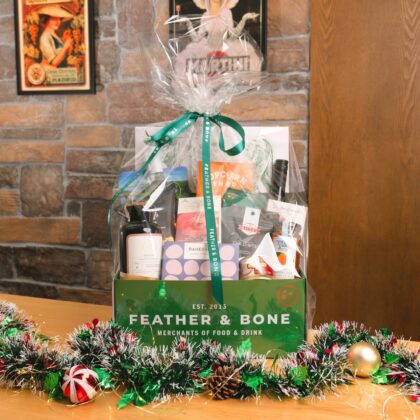
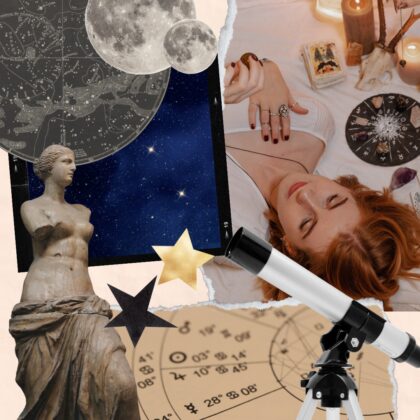

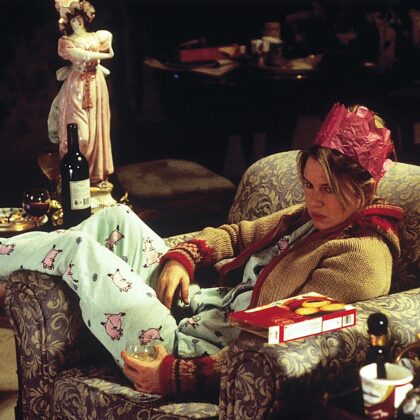
 Weddings
Weddings
